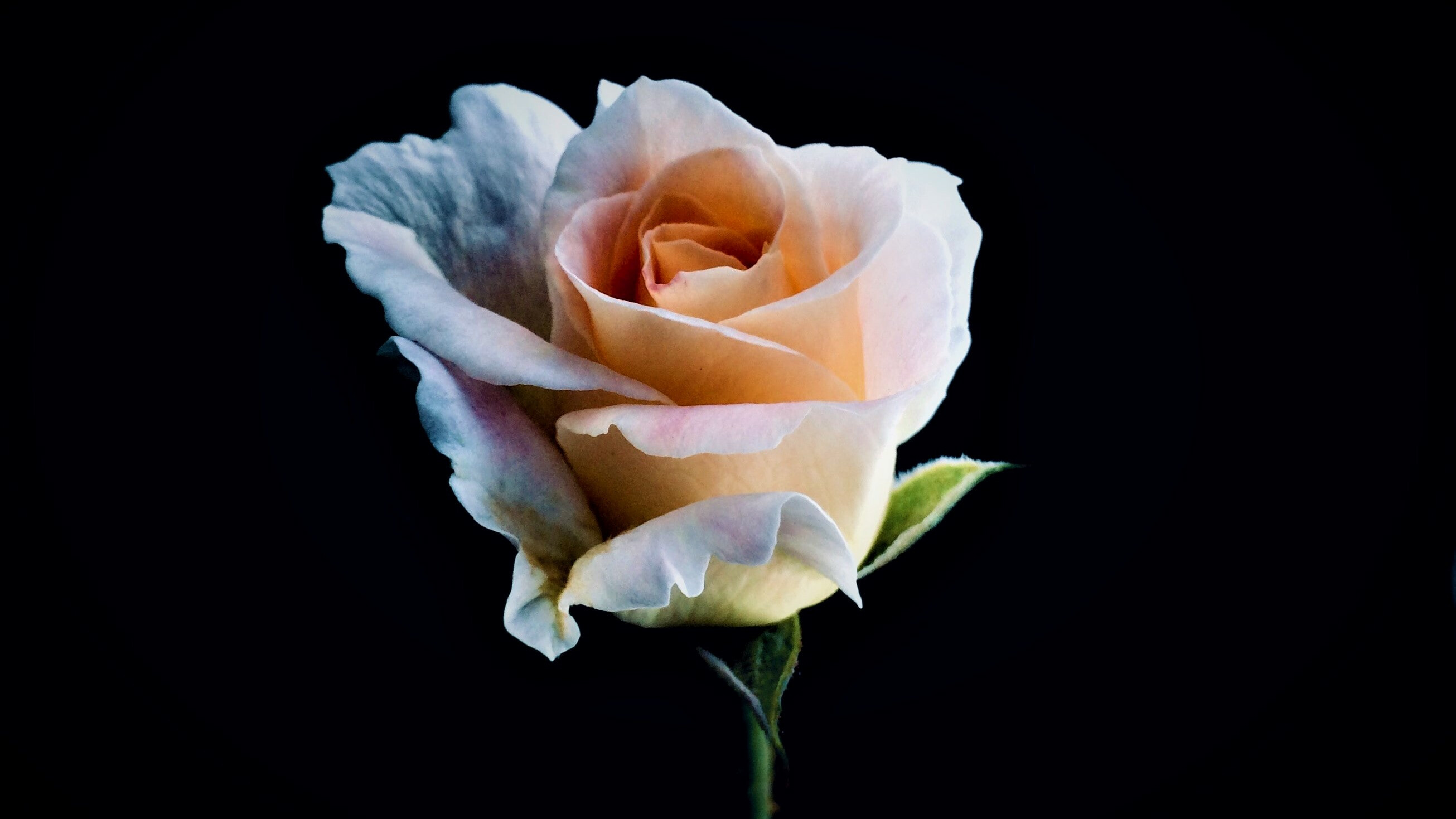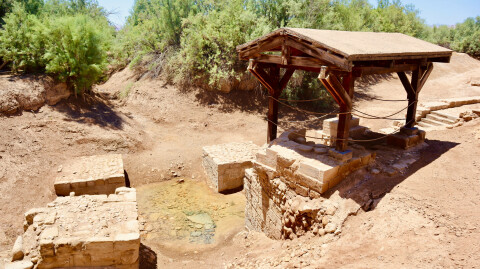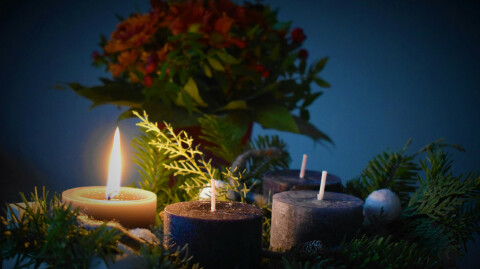TLDR: Joy is the condition of a heart that knows God is our refuge and strength. God calls us to lead lives filled with purpose, be present in every moment, and enjoy his abundant gifts.
The first stanza of the famous 1648 poem, “To the Virgins, to Make Much of Time” by the English Poet, Robert Herrick, starts this way:
“Gather ye Rose-buds while ye may
Old Time is still a-flying:
And this same flower that smiles to day,
To morrow will be dying.”
This same sentiment was expressed beautifully by Andrew Marvell, in his 1681 poem, “To His Coy Mistress.” The poem says:
“Had we but world enough, and time,
This coyness, lady, were no crime…
But at my back I always hear
Time’s wingèd chariot hurrying near;
And yonder all before us lie
Deserts of vast eternity…
Now let us sport us while we may,
And now, like amorous birds of prey,
Rather at once our time devour
Than languish in his slow-chapped power.
Of course, who could forget John Charles Keating, Welton Academy's English Teacher in 1959, played famously by Robin Williams in the movie “Dead Poet’s Society:”
“Carpe Diem, seize the day,
Gather ye rosebuds while ye may.
Why does the writer use these lines?
Because we are food for worms, lads.
Because believe it or not,
Each one of us in this room
Is one day going to stop breathing, turn cold, and die.”
Whether it is Ralph Waldo Emerson in “Walden” wanting to live deliberately, “I wanted to live deep and suck out all the marrow of life, to live so sturdily and Spartan-like as to put to rout all that was not life, to cut a broad swath and shave close, to drive life into a corner, and reduce it to its lowest terms,” or Robert Frost in “Carpe Diem” grieving the fact that happiness, “lives less in the present than in the future always, and less in both together than in the past,” all these authors have something in common. They believe life must be lived in the present moment. This is an old idea, beautifully expressed by Horace in his “Odes” in the year 23 BCE, “carpe diem quam minimum credula postero…” (Seize the day, trusting as little as possible in the next one.)
This urgent call to live in the present moment was foundational to the Epicurean movement, which was well-known and well-practiced during the time of Jesus, “Eat, drink, and be merry for tomorrow you shall die.” In part, this desire to capture the present, and to live life in earnest, was the result of a lack of faith in the afterlife. The Sadducees in particular did not believe in the resurrection, as Scripture tells us. This lack of faith in eternity left them just one choice: Enjoy every second of your life because there is nothing more after it. This premise led to dangerous excesses and apathy for the needs of others. Today, I will encourage you to practice Carpe Diem, but the reason is quite different than the reason of the Epicureans or even Horace himself.
I have a friend who has placed all her dreams and aspirations on a shelf, waiting for an auspicious day, the right time, to enjoy life. She has so many people who depend on her! Those who know her often admire her dedication. I have witnessed her sacrificial service to others, but I have also noticed her exhaustion, and (as of late) her resentment. She believes it is anti-Christian to spend time and money on frivolities (like a vacation) when there is so much need in the world. When I gently comment that even Jesus took a break to have a nice meal with friends, she smiles and says, “The time will come for nice meals. This is just not the right time.” She who has never traveled beyond her state, tells me that someday she will go to Italy. Someday she (a wealthy woman) will buy a place by a nice lake. Someday she will gather rosebuds in a pretty garden, in a green piece of land, perhaps somewhere in North Carolina. In the meantime, every time I see her she looks a bit older, a bit more tired, a bit more worried about politics, a bit more concerned about the state of affairs in this country, and a bit more anxious.
A quick review of Scripture gives us at least 67 verses where the people of God are invited to rejoice. Joy is the condition of a heart that knows God is our refuge and strength. Rejoicing is an internal attitude of the heart, but Scripture makes it very clear that special celebratory meals and moments of leisure and rest are also part of the rejoicing God calls us to practice. Brackish bodies of water produce brackish water that is unhealthy. But fresh bodies of water produce fresh, healthy water. Psychologists say this a bit differently: You cannot give of what you don’t have. When our emotional and physical resources are spent, whatever else we might give is tainted by resentment, bitterness, and a bit of desperation. Jesus himself demonstrates this for us. There were times when he went away to secluded locations to commune with God and rejoice in his presence. The question I often want to ask my friend is, “Do you believe you have to outdo even the Savior?” Of course, I don’t ask the question because I don’t want to sound too judgmental. She is a Christian and she knows she is not the Savior.
We have lost two beloved parishioners these last two weeks: Don Wood and Kathy Black. I have learned a great lesson from both of them, and that is the importance of balance. Dedicated Christians, excellent parents, committed leaders, and yet, world travelers. I lived vicariously through some of their stories. It was obvious that both of them sucked the marrow out of life. They seized the day, working hard to raise great families, becoming deeply involved in this church, and acting in charitable and compassionate ways throughout their lives. But they were also aware they needed rest, so they could continue to be the people God created them to be.
Life is short and God calls us to lead lives filled with purpose, to be fully present in every moment, and to enjoy the gifts he gives us abundantly. Yes, we are called to service, but don’t forget to smell the roses along the way. Life is too short to come to your end and realize you haven’t lived at all. May God continue to be with you,
Blessings to all,
Fr. Roman+





